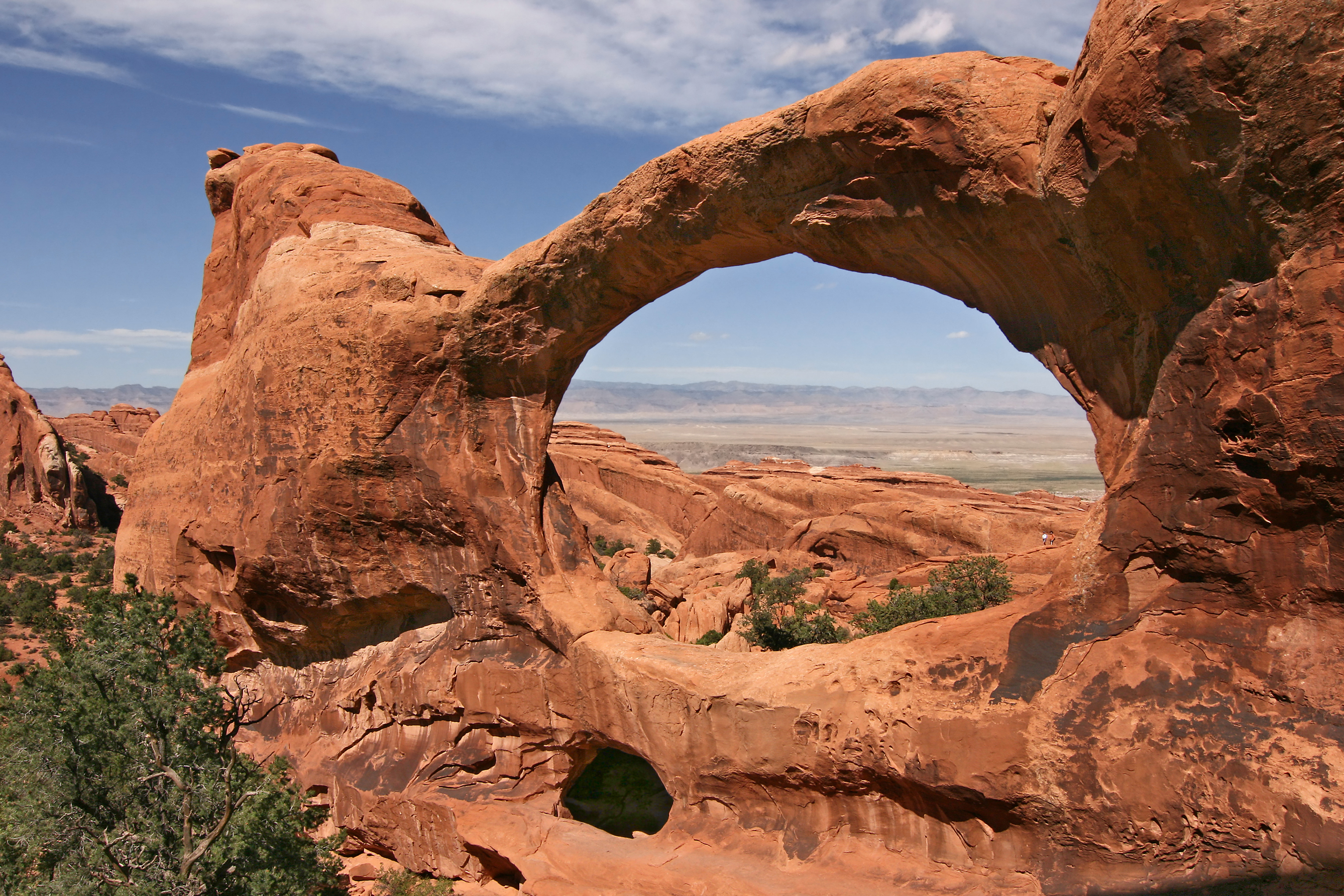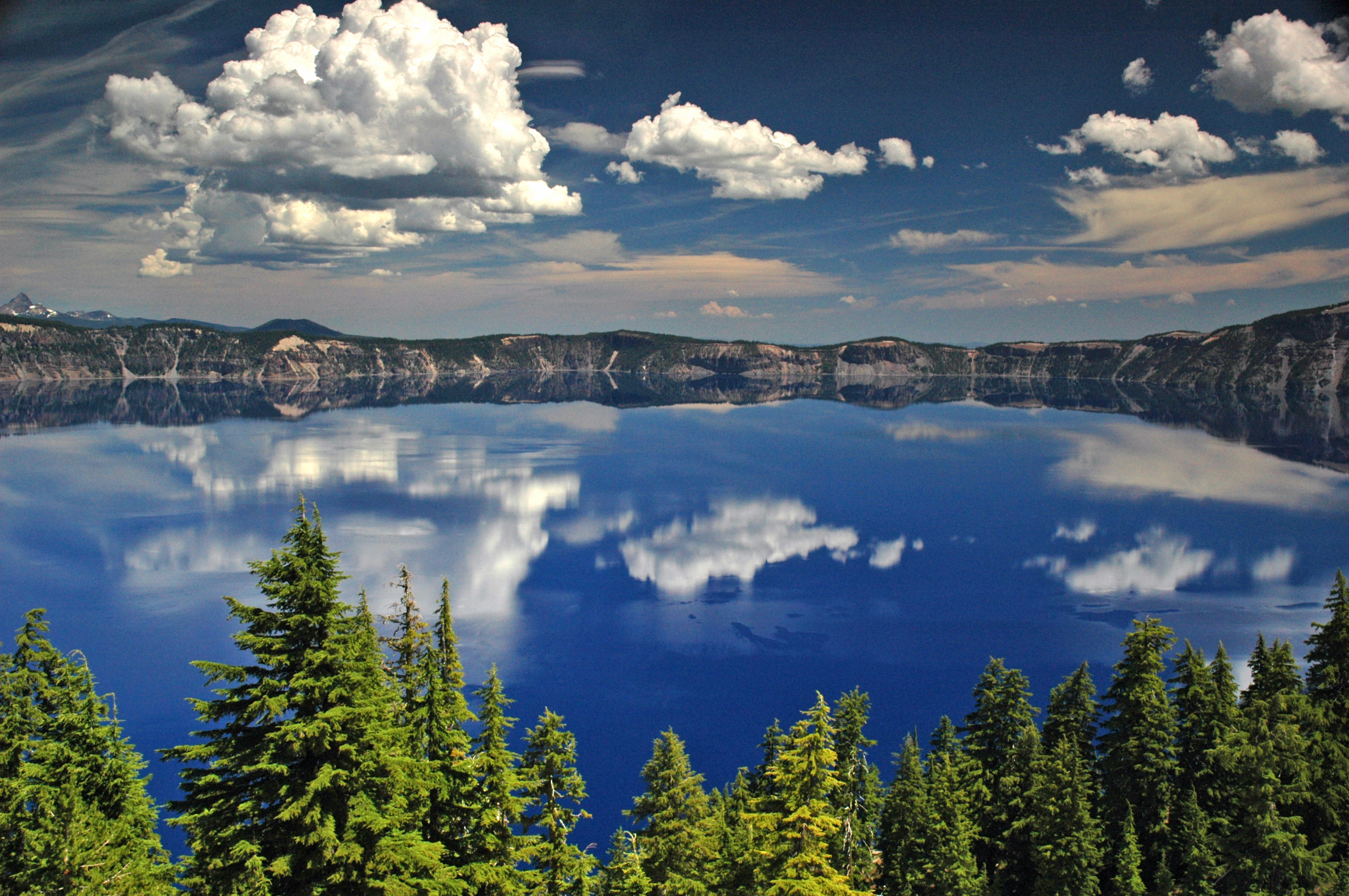Home
Focus Areas
About Us
Support for National Parks
NPS administrative histories look at the history of federal parks and the National Park Service as public programs and as a public trust. They analyze individual parks and their establishment and administration, as well as NPS programs and policies.

As a government agency, the NPS has reflected and participated in national discussions about the environment and its relationship to society. Parks provide specific evidence about the history of conservation and management of natural resources and about the economic, ecological, and aesthetic dimensions of the public lands. Parks illuminate changes in the very concept of nature and wilderness, the economic interests involved in the setting aside and development of public lands, and ways Americans experience nature and wilderness in shifting patterns of tourism and recreation.

Park managers bear significant responsibilities for decisions about park resources that affect how future generations will see this multifaceted natural and cultural heritage. Administrative histories inform them about the decision-making of their predecessors in the NPS, and about how NPS decisions have reflected and reflect broader social, economic, cultural, and political trends and interests.
Research possibilities abound in park-related aspects of the history of ideas about nature and culture, and the sometimes-contending interests of people who have influenced and implemented federal programs for the National Park System. We are seeking partnerships, advice, and assistance from park-goers, scholars, and others with interests in parks, conservation and preservation. As of June 2001, only about 60 of the 388 parks administered by the NPS had current administrative histories. NPS national programs for archeology, concessions, land acquisition, and recreation also present research opportunities.
Source: National Park Service
Foundation and philanthropic support for national parks from around the Web.
The Joshua Tree National Park Association raises money to support operations and maintenance at the national park.It also runs the gift shop inside the cultural center.As a non-government entity, the...more
The Interdisciplinary Field Program mixes geology, ecology, and anthropology into an epic road trip across America.A rotating cadre of UGA faculty and teaching assistants leads the program, and at...more
Outer Banks Forever is the official nonprofit partner of Cape Hatteras National Seashore, Fort Raleigh National Historic Site and Wright Brothers National Memorial.The Director will operate with a...more
$4.6 million in grants have been awarded to recipients in their Inclusive Storytelling program.Grand Canyon Conservancy will transform the Desert View area into an inter-Tribal cultural heritage...more
If you're looking for a safe place to park your car while you're on vacation, the Grand Canyon National Park is the place for you. That's because it's one of the only national parks in the world...more
Thanks to a grant from the National Park Foundation, 20 young people from 20 states were able to spend their summer working in Rocky Mountain National Park, the Estes Park News reports. The...more
National Parks of Boston said goodbye to its first-ever Climate Conservation Corps crew in August 2024.The corps seems to be the only climate corps in the National Park Service.It's at least one of...more
Rachel Short and Gazala Ameen, two assistant professors in South Dakota State University's College of Agriculture, Food and Environmental Sciences, have each received one of the National Science...more
When Richard Krueger moved from Flagstaff, Ariz., to Mancos, Colo., in April, he didn't expect to find himself living in a one-bedroom apartment. But that's exactly what he found, thanks to a...more
A new national park is set to protect the habitat of endangered species in outback Australia thanks to an anonymous $21 million donation.Australia has committed to protecting and conserving 30% of...more
Social Enterprise Network Sites
Social Entrepreneurship
Spotlight
When it Comes to Social Enterprises, Failure is the Best Platform for Innovation

In the world of social enterprises, failure is a cringe-worthy moment nobody wants to talk about. But, social entrepreneurs can benefit from their failures.








